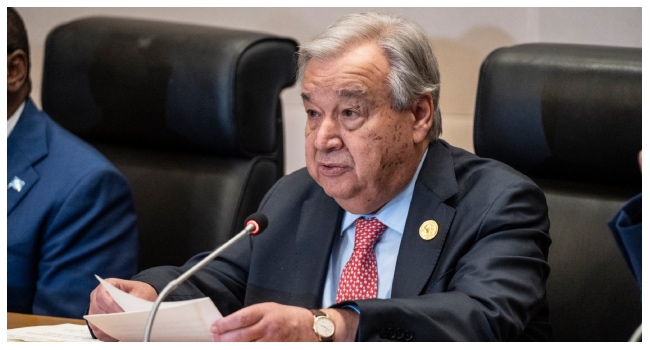An unfolding corruption scandal within the Nigerian Customs Service (NCS) has shed light on senior officials allegedly involved in a multi-billion naira bribery scheme. The scandal implicates at least 40 NCS personnel, predominantly from the upper echelons of the organization, who have been ensnared in a thorough investigation by the Economic and Financial Crimes Commission (EFCC).
According to sources, seven of these officials were apprehended by the EFCC, spending days in detention as investigations revealed an alarming trail of over N12 billion in illicit funds linked to bribes from smugglers. Despite the staggering revelations, the officers were inexplicably not prosecuted and have since resumed their duties with impunity.
The Nigerian government, already grappling with revenue deficits, faces a stark betrayal as customs officials profit exorbitantly while subverting national policies and perpetuating illicit activities across the country’s borders. The EFCC’s scrutiny uncovered a network of officials accepting bribes to facilitate the smuggling of contraband goods, compromising national security and economic stability.
An EFCC insider disclosed that the implicated officers possessed assets and investments far exceeding their legitimate earnings, pointing to systemic corruption within the NCS. The investigation, spanning multiple zones and personnel, unearthed a web of deceit where bribes flowed unchecked through designated accounts, particularly in border regions shared with Niger Republic.
Notable figures in the syndicate include Ibrahim Jalo, the Area Controller of Zone B in Kaduna, who was found in possession of significant sums of cash suspected to be proceeds of bribery. Similarly, Kayode Kolade, the Comptroller of Federal Operations Unit in Port Harcourt, was flagged for allegedly receiving billions in bribes over several years. Other high-profile officials, such as Nurudeen Musa and Hamisu Ibrahim, were implicated in the scandal, prompting partial refunds and promises of repayment.
Despite mounting evidence and admissions of guilt, the failure to prosecute these culpable officers raises questions about accountability and the integrity of law enforcement agencies. The NCS’s silence on the matter, coupled with the EFCC’s delayed response, underscores the challenges of combating deep-rooted corruption within Nigeria’s customs administration.
As the scandal unfolds, the international community watches closely, emphasizing the urgency for transparent governance and decisive action against perpetrators of financial misconduct. The repercussions of this widespread corruption reverberate beyond Nigeria’s borders, calling for stringent measures to restore public trust and safeguard against future breaches of ethical conduct.
In the wake of these revelations, a cloud of uncertainty looms over the Nigerian Customs Service, signaling a critical juncture for accountability, reform, and the preservation of the nation’s economic integrity.



